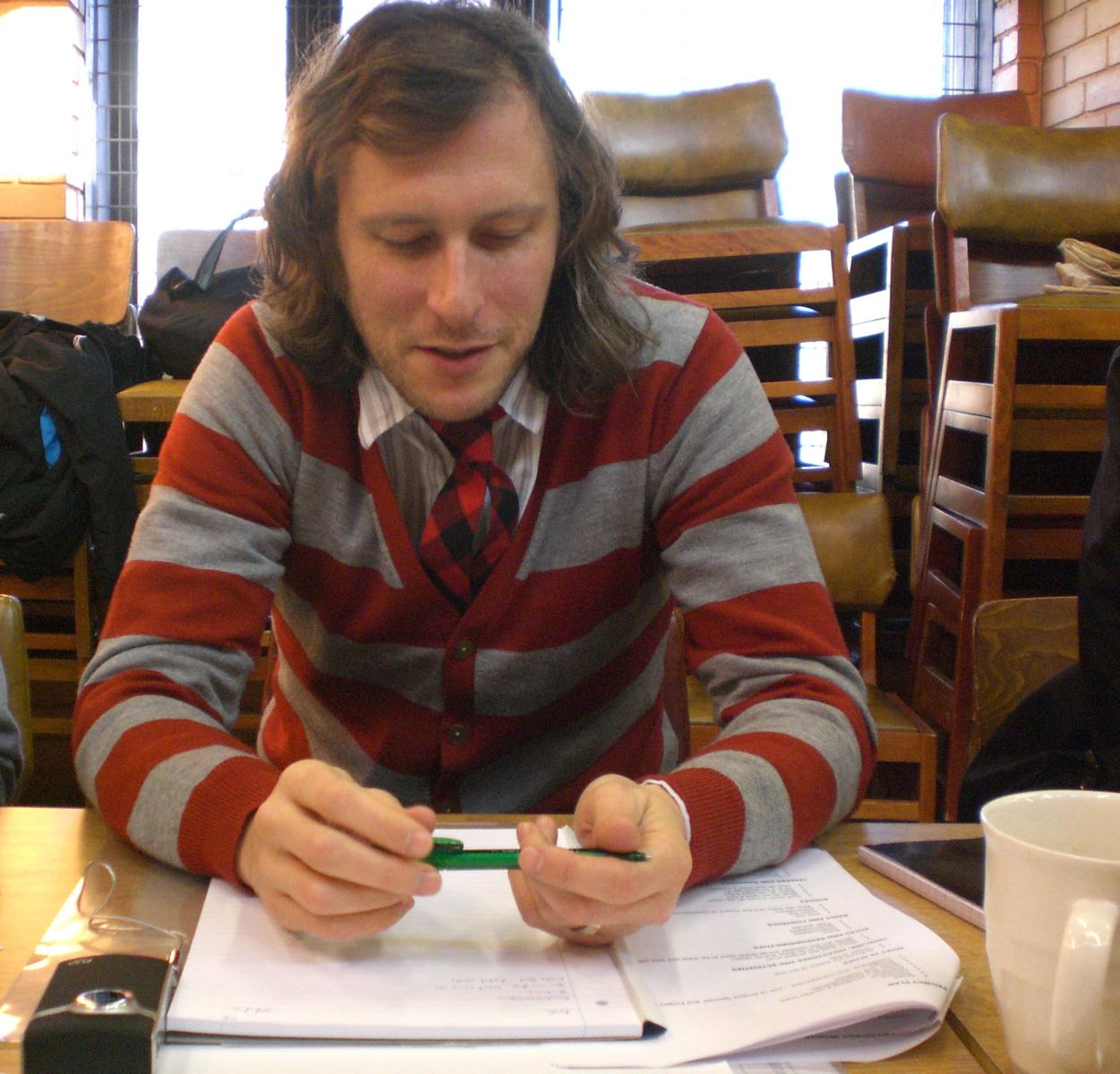So you're a Strategy expert? This doesn't mean you're a good consultant for the Charity sector. Consultants struggle if they don't understand the values and dynamics of this sector, let alone the scale of an individual organisation...
What better way to spend a Thursday evening than in the fellowship of Company members at a ProBono seminar on developing strategy for charities?
Andrew Miskin, Bob Harris and John Corneille opened proceedings with brief introductions to the topic. Andrew highlighted that strategy is as much about what you’re not going to do and is subjective and emotional - about people, belief and passion. It is important to define what the charity is for and to match resources with purpose.
Bob talked about the diversity of the sector, the variety of purposes and beneficiaries and identified two key issues -
- the reluctance to move from the current business model (this is what we do) and
- the importance of the commissioning process.
John reminded us that the only good strategies are the ones that get implemented and that it was crucial to understand the politics, dynamics and culture of the organisation before planning strategy. He also shared his experience of a project with CASS CCE and the use of strategic themes in providing a solid framework for discussion.
Each of the speakers then joined a group for some robust discussion and here is the summation of our group –
- It’s important to start with where a charity ‘is at’ and work with what you can work with.
- Strategy is about defining and clarifying purpose, and finding the unifying theme and prioritising where the organisation can make the most impact and change. We felt there was a clear link between objectives, the change an organisation wants to create and the outputs and activities (and how much the latter really affect the impact). Ultimately, strategy is about future positioning.
- We reiterated that emotion drives action and it was important to find something that glues thinking and emotion. Within charities we should air our differences, then park them and find the ‘glue’ we can all sign up to.
We posed two questions charity boards would do well to use and remember:
- What is the legacy you want to leave behind?
- Did this meeting leave the charity better placed for the future?
As in business, the best boards are horizon scanning the environment (often with the support of external people like consultants) rather than waiting for a crisis to prompt them to action and decision.
We noted a few issues from our experience as consultants but also as trustees:
- Funding may direct strategy away from initial objectives towards an organisation’s own survival, sometimes to the detriment of the beneficiaries it was set up to serve
- A lack of management capability and capacity in some cases, although leadership and management capability is improving across the sector
- A lack of accountability and feedback loops where trustees and senior managers don’t take responsibility for knowing what is going on until it’s too late
- Concern about lack of sanctions for poor performance – some weaker team members perform inadequately for too long
We also recognised there are some excellent examples of strategy and leadership in the sector and noted the work of CASS Centre for Charity Effectiveness in enabling this.
The evening also proved an opportunity to reflect on our role as Company members with an interest in pro bono work in the sector. Just because you know strategy doesn’t make you a good consultant for the sector. Consultants struggle if they don’t understand the values and dynamics of the charity sector, let alone the scale of an individual organisation.
We also noted the unique sector challenges, including:
· The lack of clarity in Law about what a charity actually is - with a range from large organisations, social enterprises, small boutiques, etc.
· The ‘customer’ divergence between funders (who pay for the outcomes and ‘product’) and beneficiaries (who receive the service),
· The confusion between roles of management and trustees, in that unless managed effectively trustees can be too involved in operational issues and not deal with strategy.
Two obvious but useful tips are:
· Find out who in the organisation has the power and can influence the outcome, and work with them,
· Carry out a SWOT analysis.
We ended on a positive note by agreeing we could add value both by oversight and critique and by providing an independent, outside role to canvass the views of stakeholders and members.
An enjoyable evening was had by all, supported by a useful exchange of knowledge and lubricated by a few bottles of wine.
If you are interested in providing pro bono support through the Company please take a look at https://wcomc.org/charities/ProBonoConsulting
Freeman Simon Davey
.JPG)